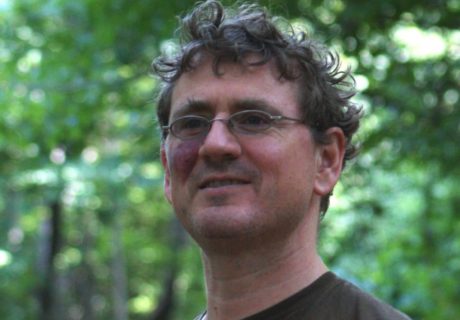Leading scientists from both sides of the Atlantic are calling for an end the polarised food and farming debate that divides opinion into ‘organic v. conventional’.
The scientists’ comments come as publication of a major study by US and Canadian researchers published in Nature acknowledges that organic farming will play an important part in feeding the world.
While the new study concludes that crop yields from organic farming are generally lower than in conventional agriculture – around 25% lower when averaged out across all crops – it shows that for some crops the yield difference is just 3%. It also demonstrates that where best practice is employed by organic farmers the average yield difference drops to 13%.
The study also highlights other areas where organic has benefits to offer, for example higher levels of employment in agriculture, soil protection and increased biodiversity. It adds that organic farming’s use of renewable inputs might also cast it in an increasingly favourable light as global oil and phosphate reserves peak and decline.
The researchers write: “To achieve sustainable food security we will likely need many different techniques – including organic, conventional, and possible ‘hybrid’ systems – to produce more food at affordable prices, ensure livelihoods to farmers, and reduce the environmental costs of agriculture.”
The researchers inist that there should be no winners or losers in the debate on food and farming methods; rather, there should be a concerted effort to employ a combination of what is best about organic and conventional.
The lead author of the study, Verena Seufert, commented that “the organic-versus-conventional debate is very emotional, very heated and it’s not really informed by scientific evidence”. Meanwhile, Eoin Lettice, a scientist at the School of Biological, Earth and Environmental Sciences at University College Cork, wrote in The Guardian: “The key will be to move away from the hard-line ideology of an organic versus conventional debate … and utilize a multi-faceted approach, using complementary ideas from each camp.”




